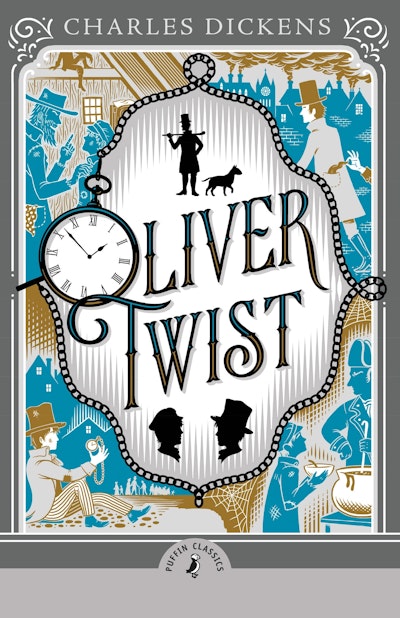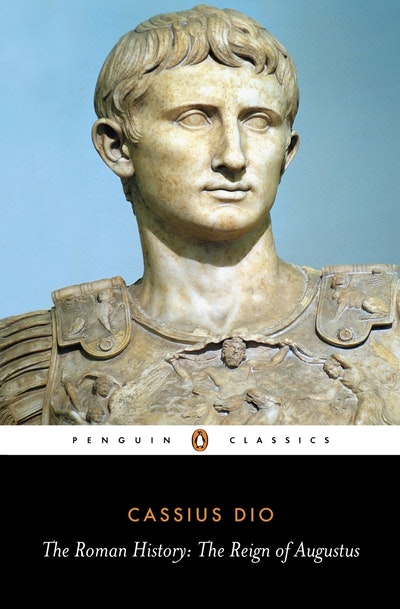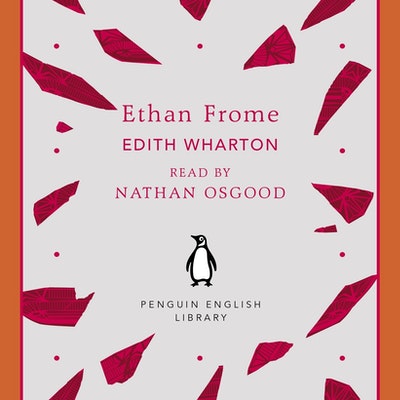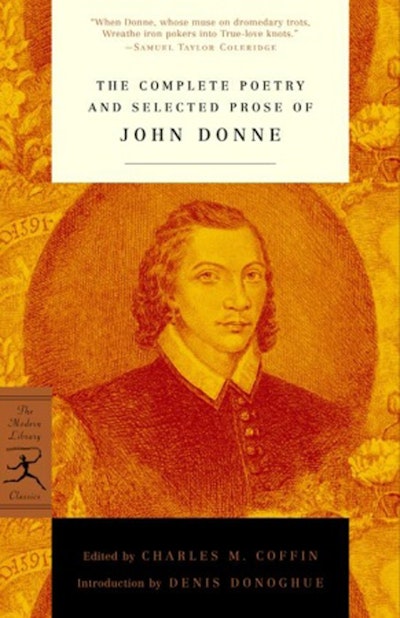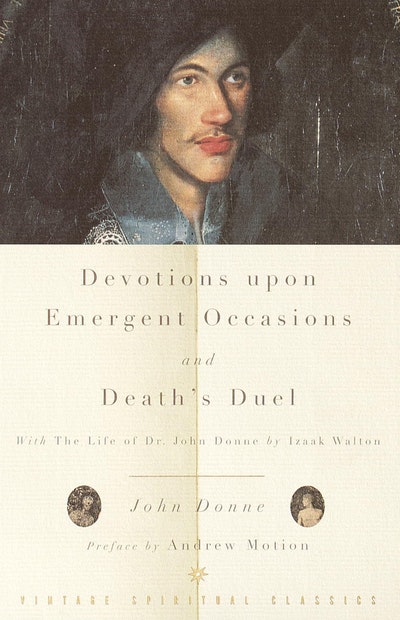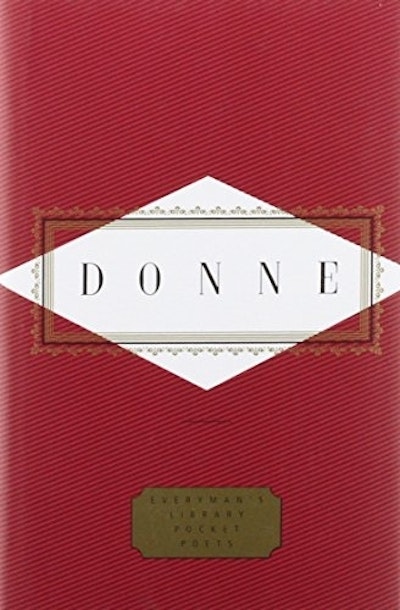- Published: 25 May 2006
- ISBN: 9780140424409
- Imprint: Penguin Classics
- Format: Paperback
- Pages: 336
- RRP: $22.99
Selected Poems: Donne
A new selection of John Donne's endlessly innovative and fascinating verse, from the witty conceit of 'The Flea' to the instense spirituality of his divine poems.
Regarded by many as the greatest of the Metaphysical poets, John Donne (1572-1631) was also among the most intriguing figures of the Elizabethan age. A sensualist who composed erotic and playful love poetry in his youth, he was raised a Catholic but later became one of the most admired Protestant preachers of his time. The Selected Poems reflects this wide diversity, and includes his youthful Songs and Sonnets, epigrams, elegies, letters, satires, and the profoundly moving Divine Poems composed towards the end of his life. From joyful poems such as 'The Flea', which transforms the image of a louse into something marvellous, to the intimate and intense Holy Sonnets, Donne breathed new vigour into poetry by drawing lucid and often startling metaphors from the world in which he lived. His poems remain among the most passionate, profound and spiritual in the English language.
- Published: 25 May 2006
- ISBN: 9780140424409
- Imprint: Penguin Classics
- Format: Paperback
- Pages: 336
- RRP: $22.99




































































































































































































































